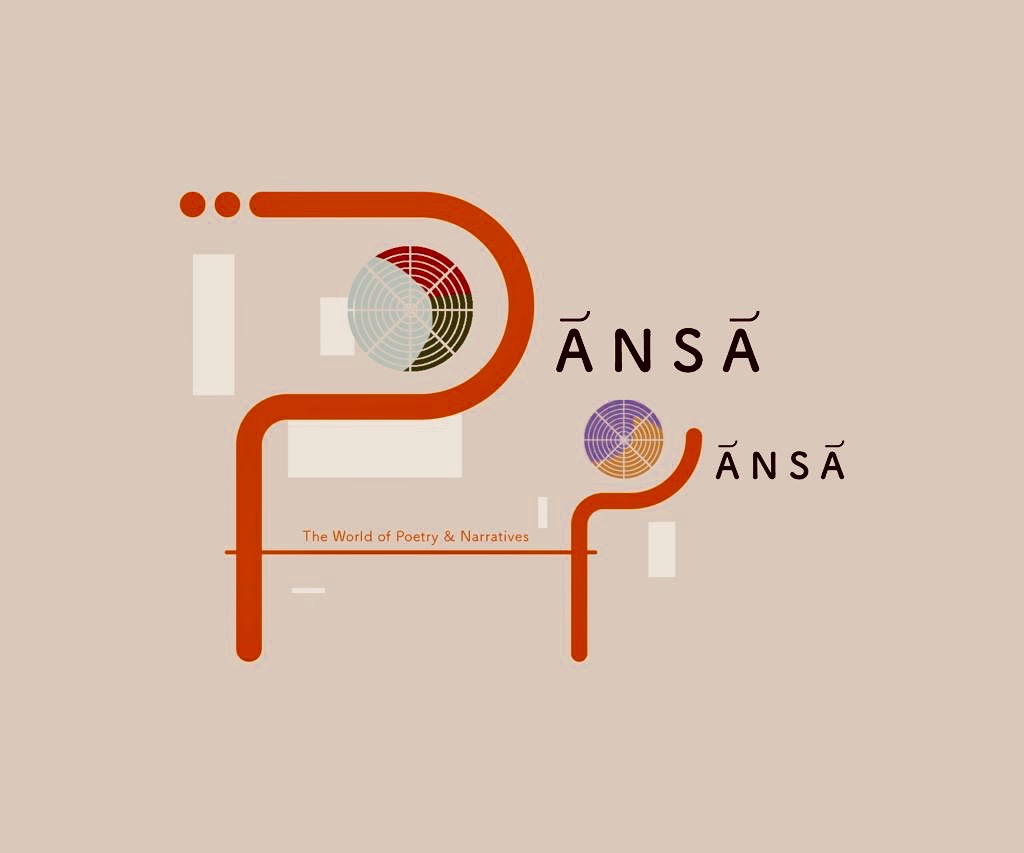The questionnaire activity is developed to create a dialogue at home between African immigrant parents and their children. This exercise intends to create an open platform for families to compare the similarities and differences of growing up in different parts of the world. Even though parents and children may have grown up in another part of the world, there may be some similarities in upbringings familiar to a parent and the child. As there may be similarities or differences, so are the difficulties individuals face growing up in different parts of the world. Whether one grew up in Africa or any other aspect of the world, there are always family expectations and societal expectations.
In some cases, both family and societal expectations work in collaboration, and sometimes in a conflict where both expectations work against each other. For example, cultural values and practices may clash with societal expectations, such as the rules of law of the host county. In the United States of America, the law provisions do not abide by specific cultures or religions but instead focus on protecting individual rights and freedom. On the other hand, family expectations about education attainment work in collaboration with societal rules of law. According to the United States compulsory education law, every child must attend school until graduating high school.
The possibilities of challenges listed below may reflect on parents’ upbringing in Africa, and others may reflect on the challenges the generations raised with America experience face. The trials and tribulations starting from elementary school to adulthood may not be visible to many parents. On the other hand, the children, in turn, may not be able to relate to the experience of upbringing or the hardship many parents encountered growing up in Africa. Would you please do this exercise with your child or children and discuss your experiences growing up in different parts of the world? Please note that experience is unique to an individual and no one’s experience supersedes another.
Please check which of these challenges applies and have discussion
Possibilities of Challenges
1. Parental demand: family can discuss the similarities and differences in parental expectations. As a parent, did you grow up under a strict rule and was your experience with your parent more stringent than the requirement you place on your children, or is it the same. As a parent, what are your challenges in implementing such a parental style?
Parent’s Experience ______________
Child’s Experience _______________
2. Cultural Values and Cultural Practice: For parents, what are the cultural practices you were raised with growing up. As you discuss with your child, please explore which cultural practices are easy to implement in the United States and which ones are proven to be difficult and why?
Parent’s Experience _______________
Child’s Experience _______________
3. Family Values, such as moral and ethical practices: What are those practices, and a parent, is it natural to implement such practices within your home or there are challenges? Please discuss as a family.
Parent’s Experience _______________
Child’s Experience _______________
4. Freedom to Practice Religion (Do you experience discrimination in forms of verbal and physical assault as a result of religious practices in employment and job stability, housing, banking, bully at school environment, etc.)
Parent’s Experience _______________
Child’s Experience _______________
5. The hardship of daily life (lack of adequate amenities such as electricity, clean water, transportation, unemployment, divorce, etc.)
Parent’s Experience _______________
Child’s Experience _______________
6. Educational attainment and Reputable Profession (e.g., Lawyer, doctor, engineer) For the parent, what was your professional dream and where you able to achieve your goal? (why and why not). what is your parent’s professional dreams for you?
For the child, what would be your professional dream, and what is your parent’s professional dreams for you? What path did you follow and give the reason?
Parent’s Experience _______________
Child’s Experience _______________
7. Marriage and Procreation (Expectations, Challenges and fear)
As a parent, what is your marital experience? what is marital expectation and apprehension for your child _______________
Child’s expectation, anxiety and challenges _______________
8. Negotiating Identity and Balancing Act: In some situation, we tend to negotiate our Identity and exhibit balancing Act (family expectation and societal demand). For example, as an immigrant or the first generation, do regularly switch role depending on the situation and space. Such space may include white space, African immigrant space, African American space, etc.
Parent’s Experience _______________
Child’s Experience _______________
9. Bulling in School and Gang Violence within the Community.
For a parent, did you experience such a situation growing up in African, and how did you handle it? Can your child use your approach to handle the bullying and gang violence in America?
Parent’s Experience _______________
Child’s Experience _______________
10. Discrimination, Racism, and Classism. (Please note that both parent and child may experience and translate discrimination, racism, and classism differently)
Parent’s Experience _______________
Child’s Experience _______________
11. Sexual Orientation (LGBTQ) May not be personal experience or identity but social exposure and societal demand for the right of people with non-traditional sexual attraction and orientation.
Parent’s knowledge and thoughts about (LGBTQ)
_______________
Child’s knowledge and thoughts about (LGBTQ)
_______________
12. Mental Health Awareness (Anxiety & Depression and other mental health challenges)
Parent’s knowledge, interpretation, and approach to treatment
_______________
Child’s knowledge, interpretation, and approach to treatment
_______________
“All Rights Reserved”

